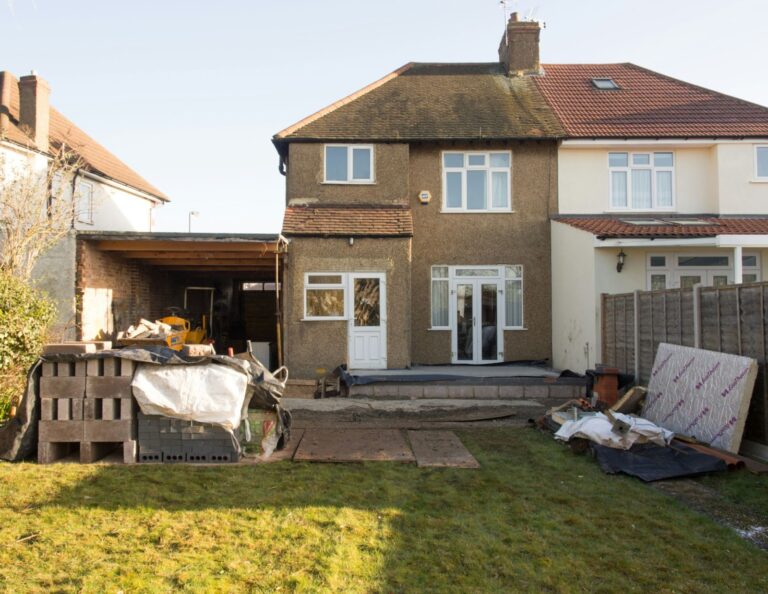The home should be where we feel safest, a place to relax, raise families and feel comfortable. The UK is the safest it’s ever been, with much lower rates of fires and violent crime thanks to better conditions and improved regulations and laws. However, there are still risks when at home. It’s impossible to fully eliminate all risks, but you can take measures to ensure your home is safer and more secure. In this article, we’ll look at the ways you can keep yourself and your family safe while at home.
Fire Safety
Fire safety is an extremely important aspect to consider and one that’s relatively easy to improve by taking a few simple measures. While house fires are less common than ever, there are still more than 30,000 cases across the UK each year. These fires can cause serious property damage and even injury or death. Because of how serious they can be, it makes sense to do what you can to reduce the risks of fires occurring.
One of the best ways to improve fire safety in your home is to ensure you have a working fire alarm. All homes should come with at least one smoke detector fitted, and fire alarm call points are also a good idea for larger homes. These can be used to trigger an alarm, either automatically or by a person when a fire is detected. Make sure you test your alarms regularly to check they’re working correctly.
Aside from alarms, you can also improve fire safety by properly storing flammable materials. Keep flammable liquids and gases outside unless absolutely necessary, and don’t use them in non-ventilated rooms or around sources of ignition.
One of the leading causes of fires in the home is cooking, with fires often started due to improper care when using a stove or oven. Make sure you never leave the stove unattended, and always turn it off when you’re finished. If you’re frying with oil, manage the temperature carefully to prevent a fire.
In the event of smoke or a fire, turn the stove off and use a fire extinguisher or fire blanket to safely put it out. Always check that the type of extinguisher you use is suitable for the type of fire. If the fire is spreading, call 999 and ensure everyone gets out of the house safely.
Electrical Safety
Faulty electronic appliances or misuse of electronic equipment can cause electric shocks and fire. These days, most households have a large number of electrical appliances, and we’re reliant on them to make our daily lives easier and more enjoyable. However, you should always take precautions when using them.
One of the biggest risks when using electronic appliances is overloading sockets. Many people use extension cords to power a larger number of appliances than the socket can handle. Always minimise your use of these devices and check that the plugs aren’t getting too hot.
If you notice an appliance is damaged, especially around the wiring, you should switch it off and avoid using it. Get it repaired professionally or replaced as soon as possible. In addition, avoid using electrical devices in and around the bath, as the water can conduct electricity.
Securing Your Home Against Intruders
Last but not least, you should also take measures to protect your home against potential intruders. Burglary is rare, but it can be devastating. Thankfully, technology has made it easier than ever to deter would-be thieves. Many homes now use CCTV cameras to record the exterior of their homes, and these can even be programmed to send alerts to your phone when they detect movement.

